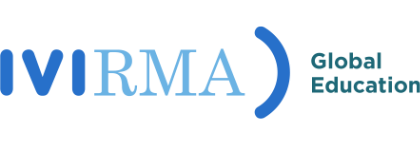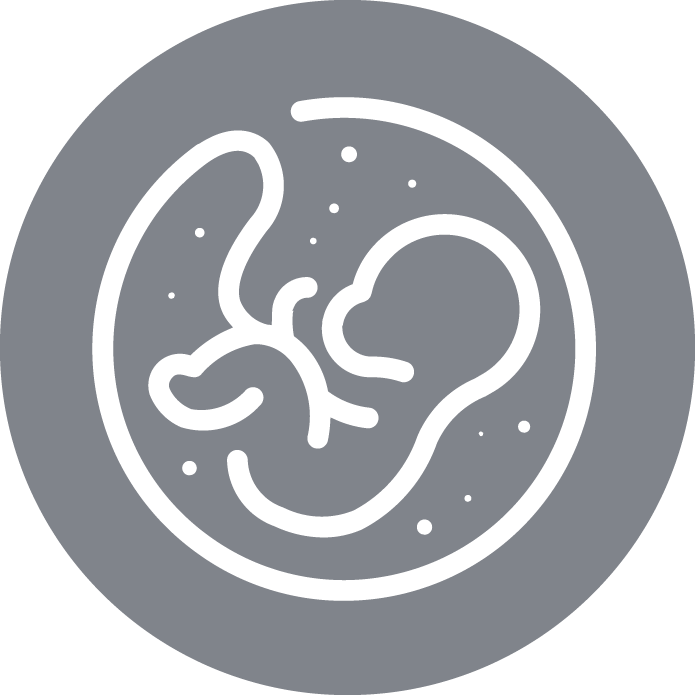Discover the essential role that the luteal phase plays in Assisted Reproduction
The luteal phase refers to the second part of the menstrual cycle, which takes place during the approximate 14-day period from ovulation to menstruation. Progesterone is the maincomponent, helping to prepare the interior of the uterus so that it can be receptive to the embryo's arrival. Altered hormone levels can prevent pregnancy.
For this reason, the word progesterone is formed from the Latin prefix pro meaning “forward momentum” and the root of the verb gestare which means “to be pregnant”.
For Assisted Reproduction treatments to be more successful, we must understand the critical role that the luteal phase plays during the menstrual cycle. This is why we offer a specific course on the luteal phase to professionals who are interested in enhancing their knowledge regarding this vital stage.
The luteal phase regulation and control in IVF cycles is becoming increasingly important because it can increase reproductive success rates. It is now clear that serum progesterone levels must be measured and the dosage should be individualized for each patient according to her results.
If you would like to enhance your knowledge about the latest developments in the field of human reproduction in order to provide more effective adjustments for your patients, sign up for our course. You will acquire the skills you need as a professional as you learn how to administer the correct individual luteal phase supplements.
A specific training program dedicated to a key stage in Assisted Reproduction treatments.
The training program is specifically designed to provide a thorough understanding of luteal phase support (LPS) and the role of progesterone. The course content focuses on evaluating the different types of progesterone available, the optimal doses and possible routes of administration (oral or vaginal). Alternatives to progesterone as a method of LPS are also discussed.
In addition, you will learn how to personalize the LPS. This is achieved through a comprehensive understanding of the pre-transfer hormonal situation and how to adapt the LPS to the individual needs of each patient. The course also discusses the relationship between progesterone levels and uterine receptivity.
Are you interested in learning how to improve your patients' management of the Luteal Phase? We are sure this is the right course for you.
The online course is mainly aimed at professionals in the field of Reproductive Medicine, including residents and doctors specializing in gynecology and obstetrics, as well as midwives.
As with other IVIRMA Campus courses, this course is designed for students regardless of their employment situation and regardless of their geographical location.
The online platform provides complete flexibility and allows students to learn at their own place. They can plan their own timetable and access the classes from any mobile device, tablet or computer.
A final examination is used to verify that the competences have been mastered. Students are given two attempts and must pass the test with a mark of 70% or more.
Once you have completed the final test successfully, you will be awarded the certificate and the corresponding 25 credits. The course is accredited by the European Accreditation Council for Continuing Medical Education (EACCME).
The course program consists of a journey whose point of departure provides a purely biological perspective, including the synthesis, mechanism of action and function of progesterone in human reproduction. This is followed by other more clinical aspects such as doses and administration routes of progesterone supplementation. It also explores non- progestogenic alternatives for LPS and how to personalize strategies for patients with a luteal phase defect in artificial cycles.
If you are interested in keeping up to date with the latest changes in the hormonal treatment paradigm and the impact of progesterone on uterine receptivity, please register now.
You can access this course and the full range of IVIRMA Global Education's training programs here.



